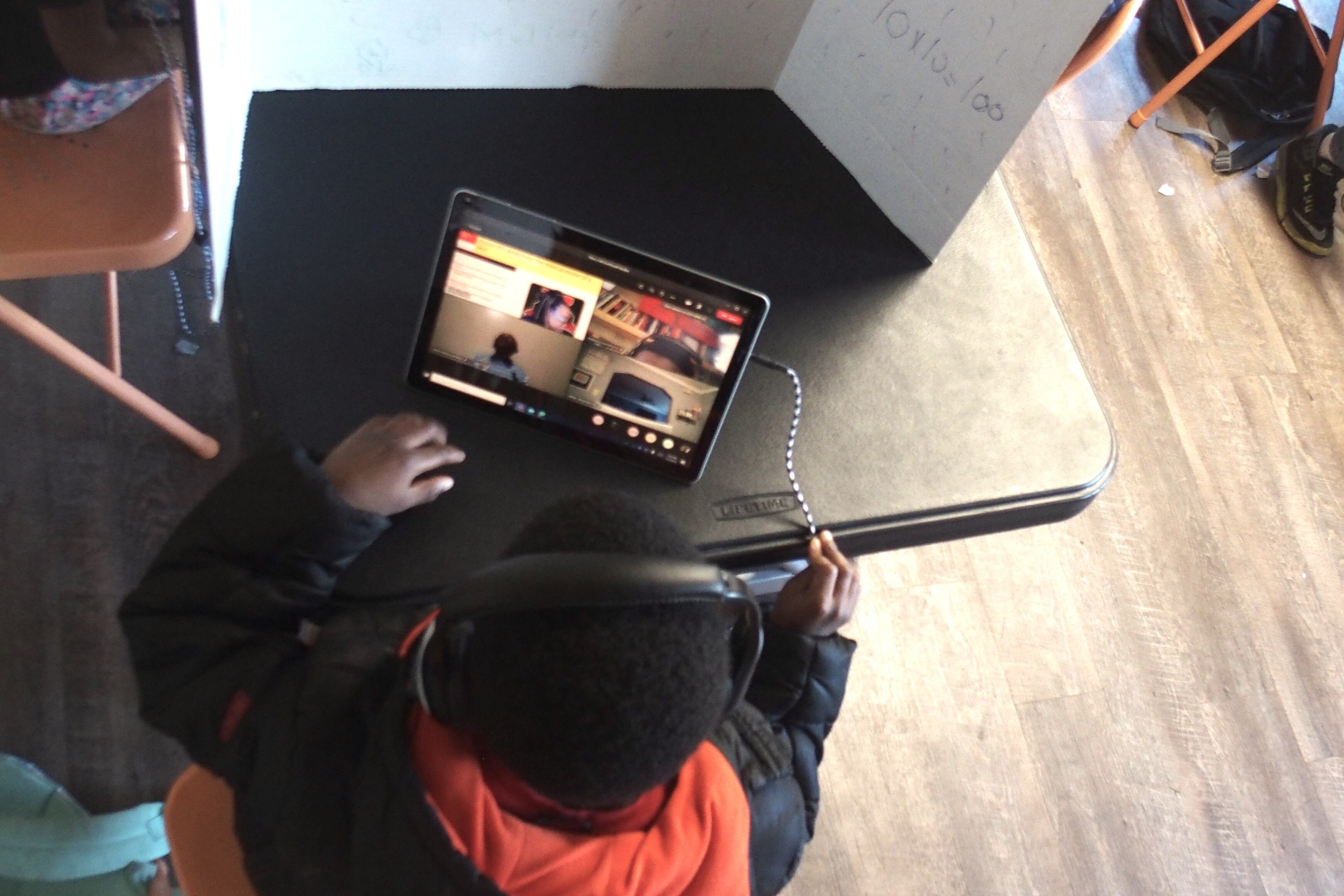Shelby County Schools board members plan to release a “community action plan” soon to keep the state from forcing the district to open school buildings.
Miska Clay Bibbs, the board’s chairwoman, said many people have reached out to board members asking how they would respond to a bill introduced by Tennessee statehouse leaders that threatens to cut state funding for districts that do not hold in-person classes for at least 70 days this school year.
“The board is working on our community action plan and will be released sometime very soon,” she said to the public during the board’s meeting Tuesday. “Thank you so much for your support in making sure we’re fighting on behalf of the children of Shelby County.”
Stephanie Love, who leads the board’s legislative committee with Sheleah Harris, said she wants to ensure Memphians understand what’s happening on the state level and how they can take action.
“We are most definitely in the process of working with other school districts trying to garner support to make sure that we advocate for what is in the best interest of all of our students in Shelby County,” she said.
The announcement is the school system’s latest attempt to keep control of how to educate students during the coronavirus pandemic as the state increases the pressure to reopen buildings.
Over the weekend, district leaders encouraged parents and teachers to call and write state lawmakers to protest “targeted attacks on urban school districts.” The bill also threatens funding for Metropolitan Nashville Public Schools. Legislators did not discuss the bill during a special session last week but could when the regular session resumes in early February.
In a video posted Friday morning, Superintendent Joris Ray pleaded with lawmakers to reject the funding bill. He then told national news network CNN that expedited teacher vaccinations and a statewide mask mandate would be more helpful than a deadline for reopening. Memphis teachers have not received any vaccinations, and Gov. Bill Lee has repeatedly declined to issue a statewide mask mandate to help stem the virus’ spread.
But the district is preparing to reopen classrooms with just 17% of teachers choosing to return. The school board voted Tuesday evening to approve a contract to hire up to 100 additional classroom monitors to supervise students whose teachers chose to continue working remotely.
The Memphis district tentatively plans to open classrooms to students beginning Feb. 8. Parents of about 32% of students in district-run schools said in a survey they would send their children back to school buildings.
Students are slated to continue learning through a screen even if they return to buildings. That way, students don’t have to switch teachers if they choose not to return to the classroom. Also the district wanted to give students the opportunity to go to classrooms, even if their teachers are on screen.






